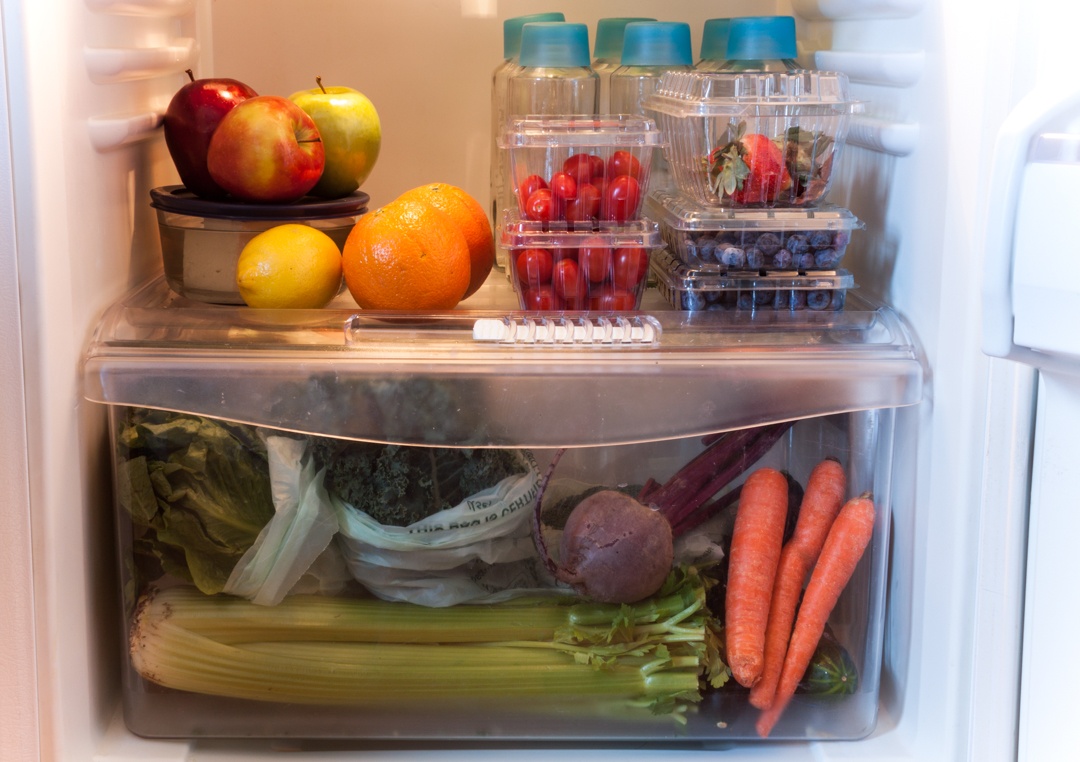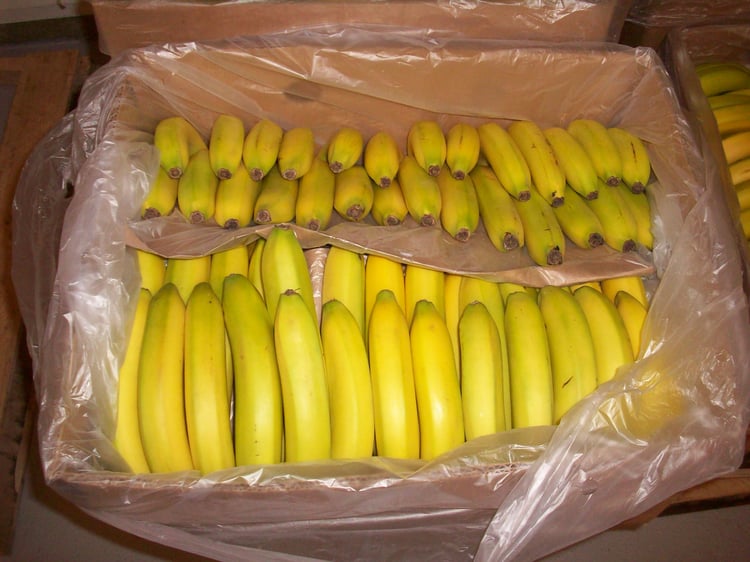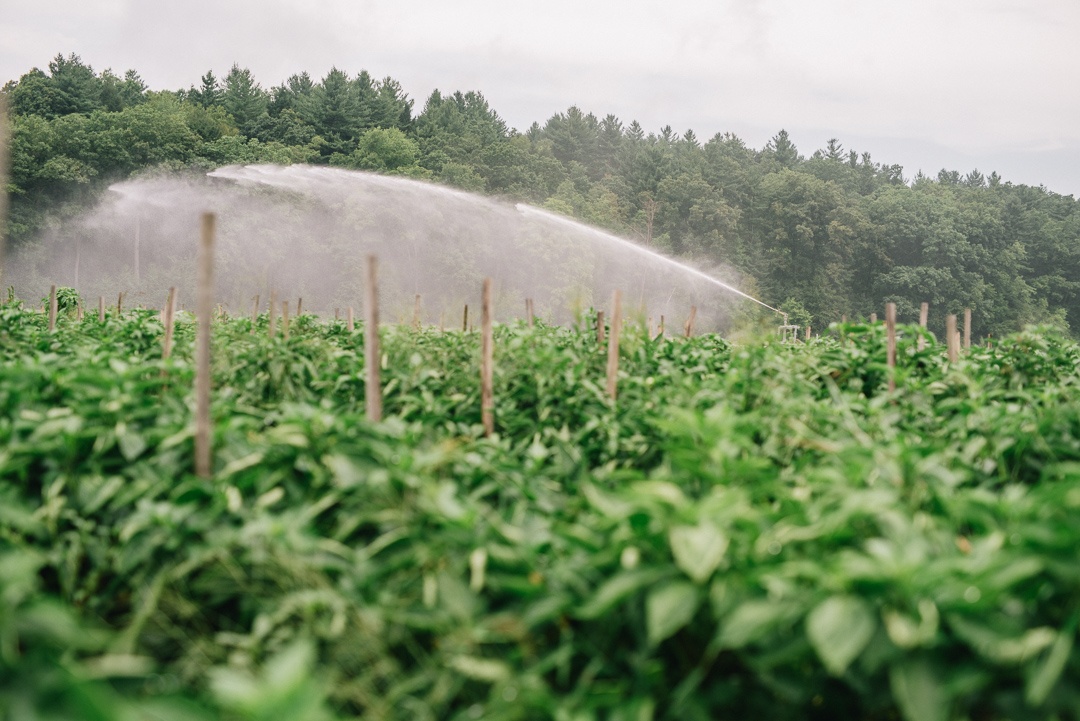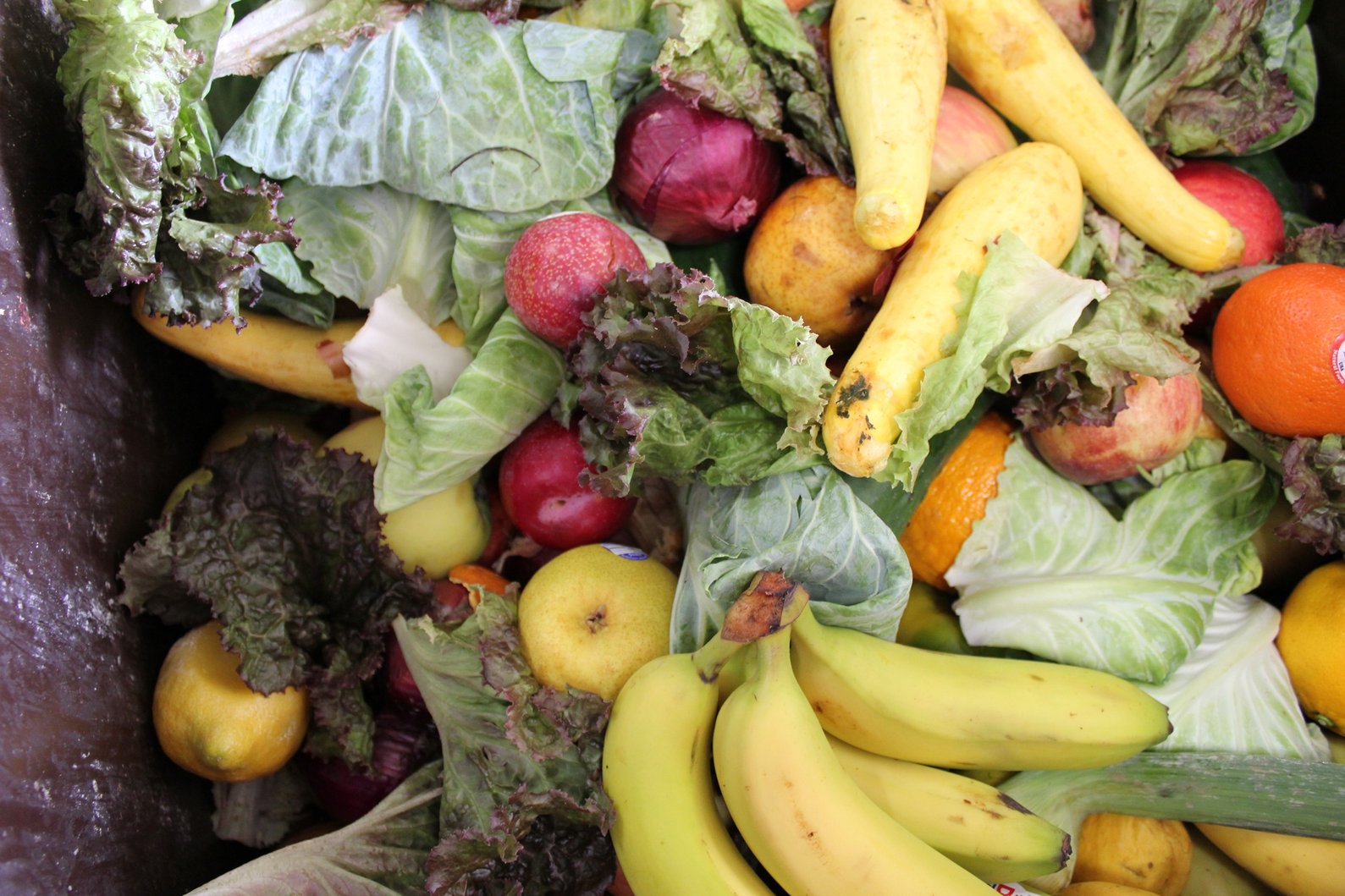It’s October which means crisp, cool days, changing leaves and all the trappings of Halloween: ghost stories, haunted houses and cobwebs draped on front porches. Even if you can see through a costumed zombie or don’t feel any need to avoid haunted spots on All Hallows' Eve, the ghosts of wasted food may pop up to spook you.
Food waste is a significant problem: about 1.3 billion tons of food is wasted worldwide every year. Don’t be haunted by food that you throw away. Check out these four scary facts about food waste, and learn what you can do to avoid it (no witch’s brew required).
Americans spend $371 per person per year on food that gets wasted.
 This works out to about a quarter of what each household purchases ends up thrown away. About 165 billion dollars worth of food, or about 40% of all food in the US, is wasted each year. That’s a cost that can really add up!
This works out to about a quarter of what each household purchases ends up thrown away. About 165 billion dollars worth of food, or about 40% of all food in the US, is wasted each year. That’s a cost that can really add up!
Americans waste about 20 pounds of food per person per Month.

That’s enough to fill 700 football stadiums. With about 34 million people food insecure in 2021, that is a staggering number. Fortunately, programs like Boston Organics partner Food for Free, as well as others around the country (including Pittsburgh and LA) are working to rescue food that would otherwise be wasted and distribute it to those in need.
Globally, food waste consumes about 4 trillion gallons of water annually.
 Agricultural production accounts for 70% of freshwater drawn globally. 24% of that water is used to produce food that is later wasted. In addition to using an astounding amount of one of our most precious resources, wasted food consumes 19% of fertilizer and 18% of cropland. Continuing to waste these resources could exacerbate the economic, social and environmental cost of food waste itself.
Agricultural production accounts for 70% of freshwater drawn globally. 24% of that water is used to produce food that is later wasted. In addition to using an astounding amount of one of our most precious resources, wasted food consumes 19% of fertilizer and 18% of cropland. Continuing to waste these resources could exacerbate the economic, social and environmental cost of food waste itself.
Food waste accounts for 25% of US methane emissions.
 Food tossed in the garbage ends up in massive landfills, where it is buried by tons of other waste. Once there, it decomposes anaerobically, producing methane, the most serious of heat-trapping greenhouse gasses. According to the FAO, global food waste produces 3.3 gigatonnes of greenhouse gases per year. When compared to the greenhouse gas emissions of entire nations, that amount is only less that that produced by the United States and China.
Food tossed in the garbage ends up in massive landfills, where it is buried by tons of other waste. Once there, it decomposes anaerobically, producing methane, the most serious of heat-trapping greenhouse gasses. According to the FAO, global food waste produces 3.3 gigatonnes of greenhouse gases per year. When compared to the greenhouse gas emissions of entire nations, that amount is only less that that produced by the United States and China.
How to combat food waste without magic
Don’t let these facts give you nightmares. There are things you can do to reduce food waste and its impact. If you find that your office is throwing out food, divert it from a landfill by composting. Save that Stuff will pick up your food scraps to be turned into nutrient-rich compost that can help grow the next harvest.
You can even prevent food waste in the first place by managing your Boston Organics preferences. Do you notice that no one seems to like oranges? Log in to your account, and navigate to the Produce Preferences page. When you indicate that you “dislike” an item, we will substitute it for something else.
Eat well, and have a treat-filled October!


